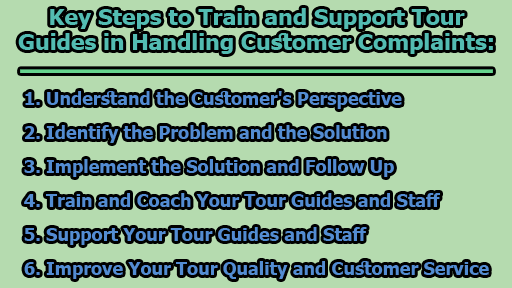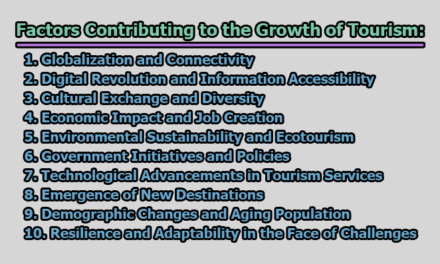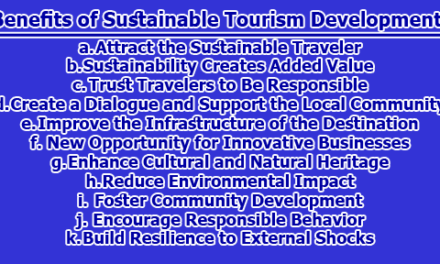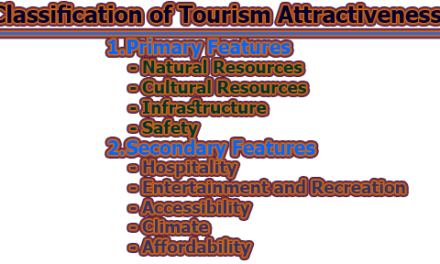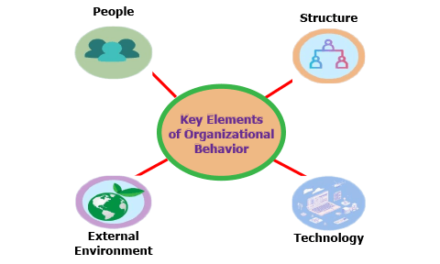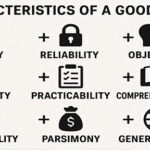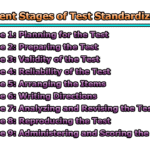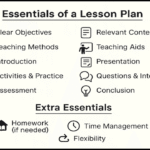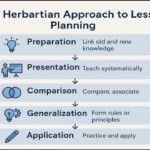Key Steps to Train and Support Tour Guides in Handling Customer Complaints:
Customer complaints are an inevitable part of the tourism industry, and how they are handled can make or break a business’s reputation. Tour guides and staff play a crucial role in ensuring that customer complaints are managed professionally and effectively. In this article, we will explore the key steps to train and support tour guides in handling customer complaints and offer insights on how to improve overall tour quality and customer service.
1. Understand the Customer’s Perspective: The first step in addressing customer complaints is to empathize with the customer and genuinely understand their perspective. Tour guides and staff must actively listen, acknowledge the customer’s feelings, and offer sincere apologies. Avoiding defensiveness or dismissiveness is crucial. Demonstrating empathy fosters a positive environment for conflict resolution.
2. Identify the Problem and the Solution: To resolve complaints effectively, it’s essential to identify both the problem and the customer’s desired solution. Tour guides and staff should ask open-ended questions, clarify facts, and summarize the main issue. Providing options and alternatives, such as refunds, discounts, upgrades, or compensation, allows customers to choose the solution that suits them best. Furthermore, explaining the benefits and limitations of each option helps in making an informed decision.
3. Implement the Solution and Follow-Up: Once a resolution is agreed upon, it’s important to implement it promptly and follow up with the customer. Confirmation of the agreement, gratitude for their feedback, and clear instructions on the next steps are crucial. Documentation of the complaint and resolution is essential for record-keeping and internal communication. Follow-up after a reasonable period ensures customer satisfaction and loyalty.
4. Train and Coach Your Tour Guides and Staff: Regular training and coaching are essential to prepare tour guides and staff for handling customer complaints effectively. Role-playing, case studies, feedback sessions, and online courses can be used as training methods. Providing guidelines, scripts, or templates outlining best practices and procedures for managing complaints is also beneficial. Monitoring performance, recognizing achievements, and addressing challenges ensure continuous improvement.
5. Support Your Tour Guides and Staff: Handling customer complaints can be emotionally and mentally taxing. Creating a positive and supportive work environment where tour guides and staff can share experiences, vent frustrations, and learn from each other is crucial. Offering incentives, rewards, or recognition for their efforts and results motivates them. Providing access to counseling, wellness, or self-care programs helps them cope with pressure and avoid burnout.
6. Improve Your Tour Quality and Customer Service: Customer complaints should be seen as an opportunity for improvement. Analyzing the patterns, causes, and effects of complaints helps identify areas that need enhancement. Seeking feedback from customers, tour guides, staff, and partners can provide valuable insights for enhancing products, processes, and policies. Effective communication about the changes and improvements made or planned ensures transparency and customer trust.
In conclusion, Training and supporting tour guides and staff to handle customer complaints professionally is essential for maintaining a positive reputation and fostering customer loyalty in the tourism industry. By understanding the customer’s perspective, identifying problems and solutions, and following a systematic approach, businesses can turn complaints into opportunities for growth. Regular training, emotional support, and a commitment to continuous improvement are key components in achieving excellence in customer service.

Assistant Teacher at Zinzira Pir Mohammad Pilot School and College

